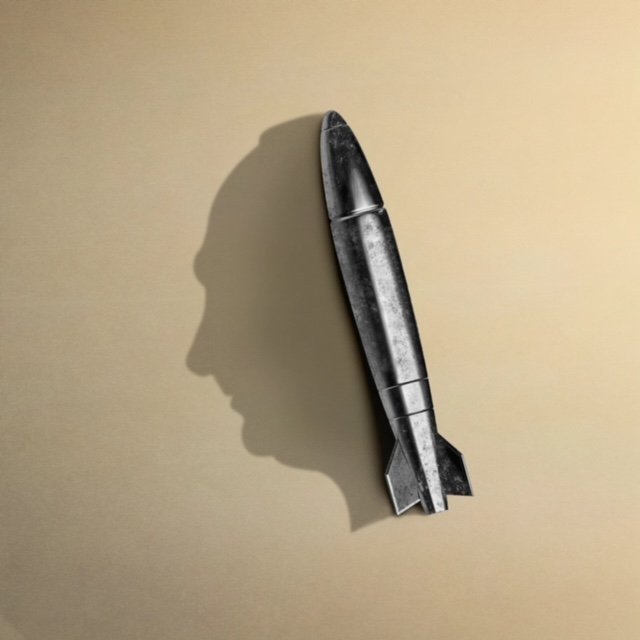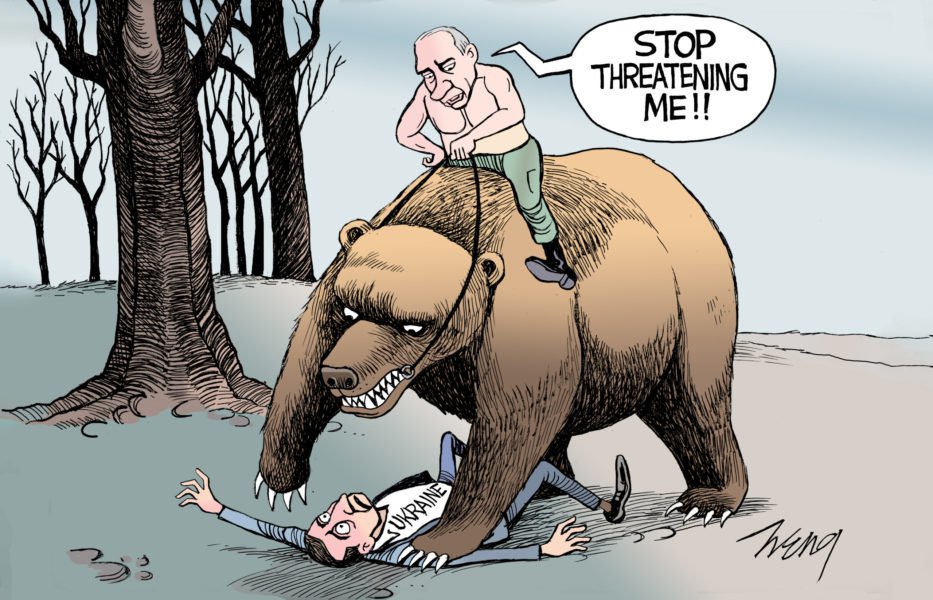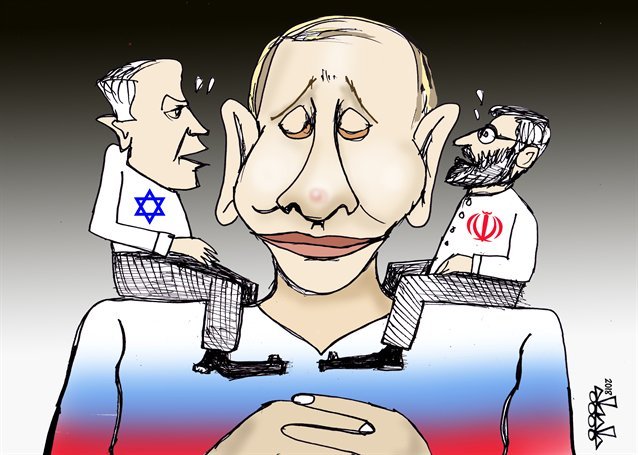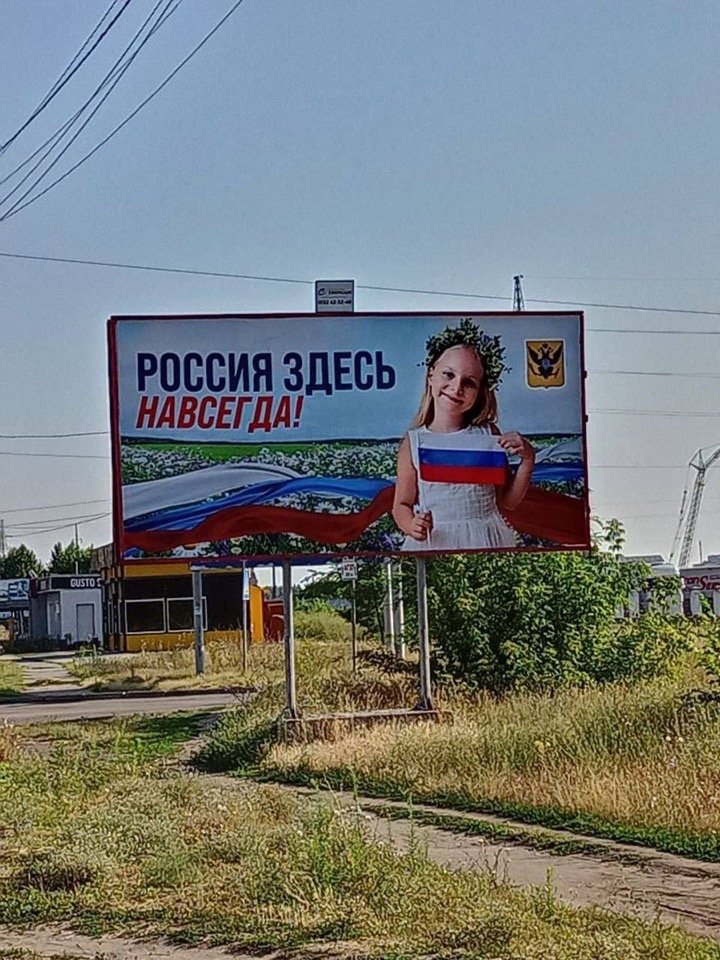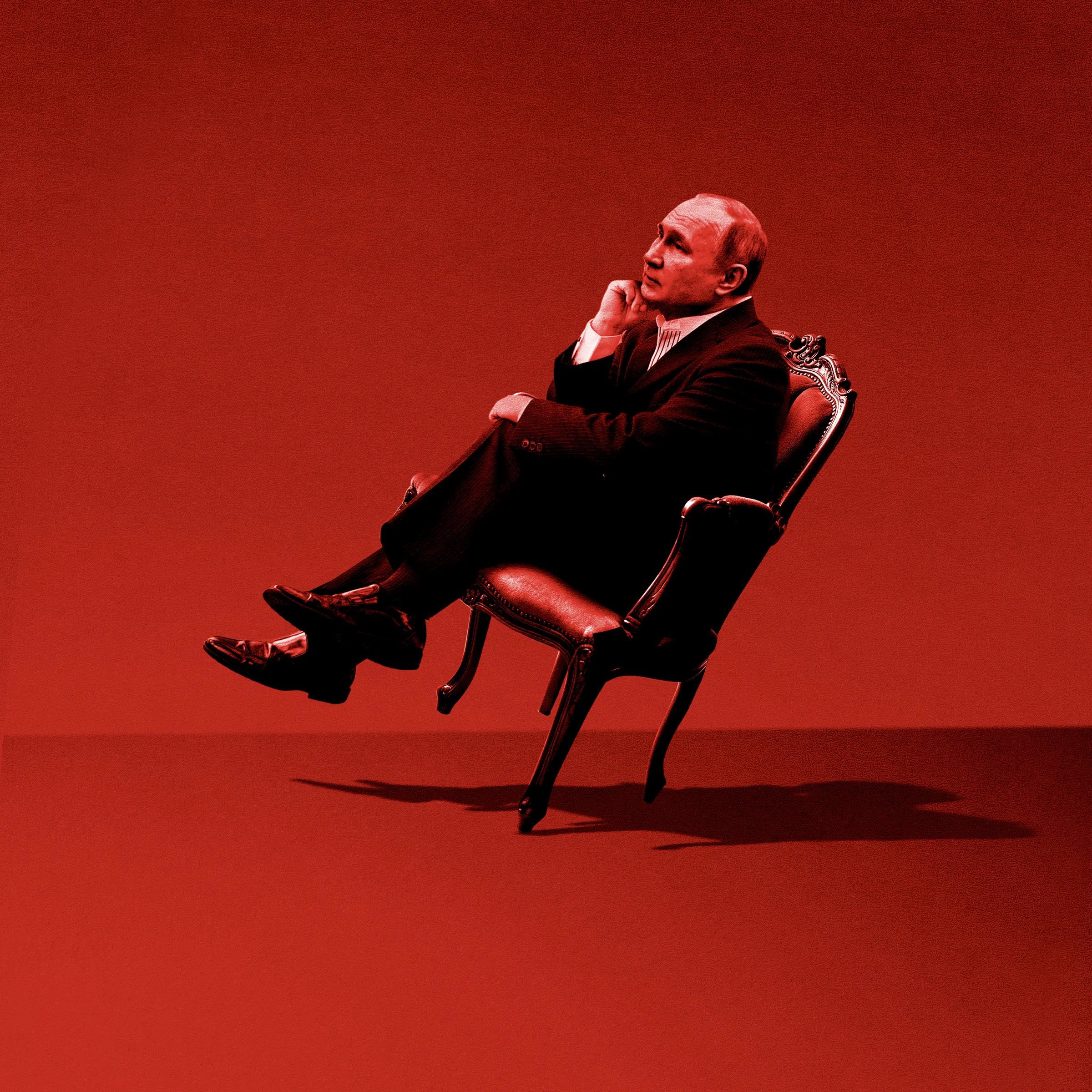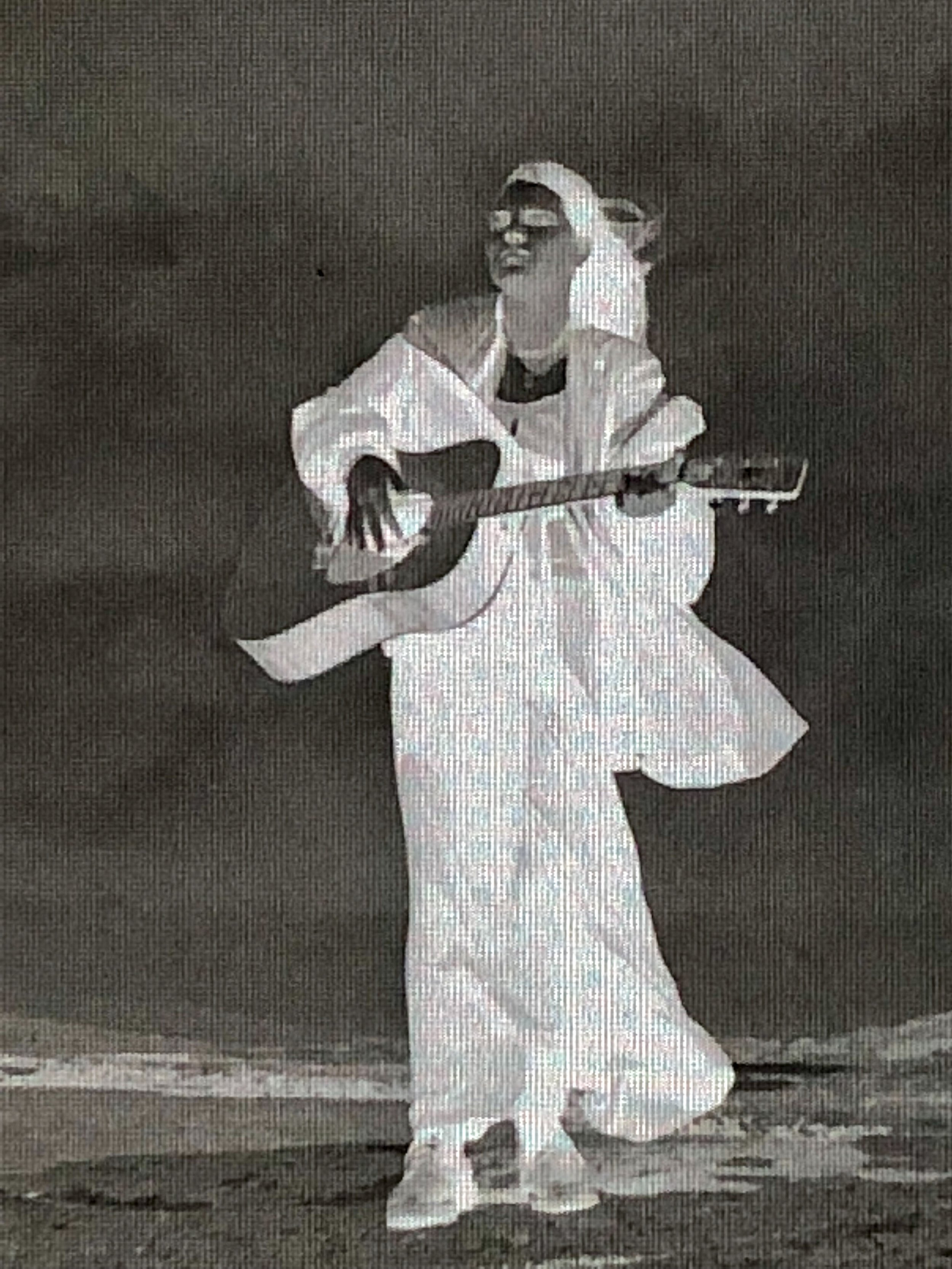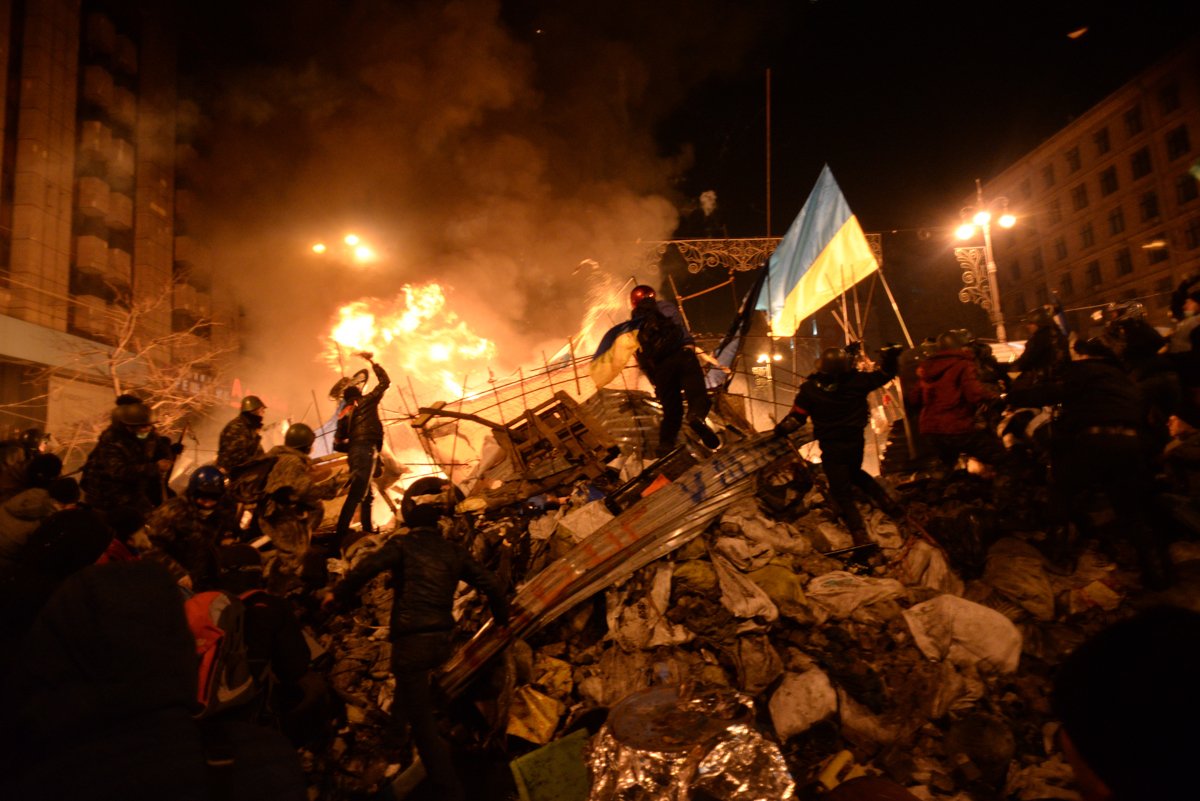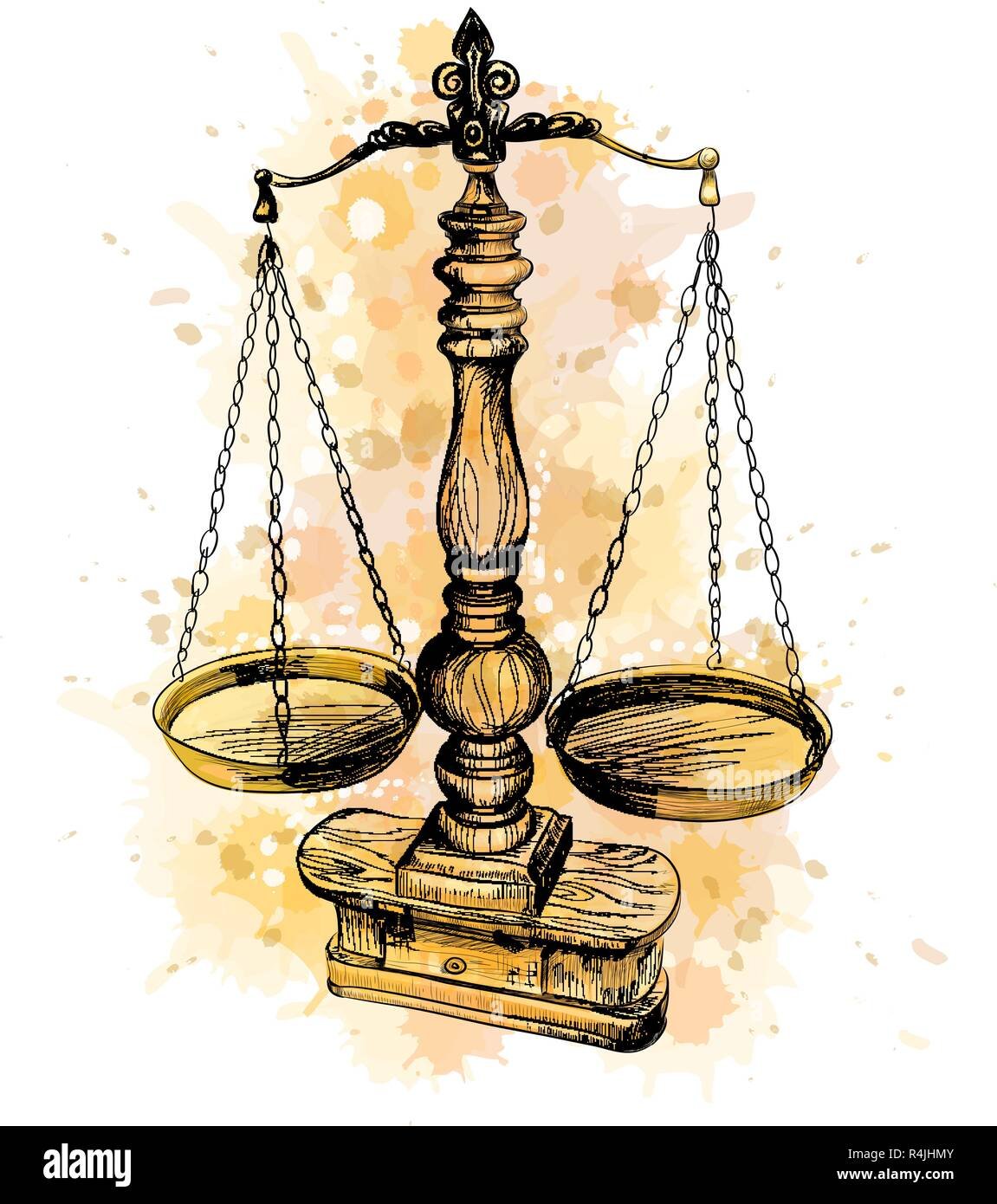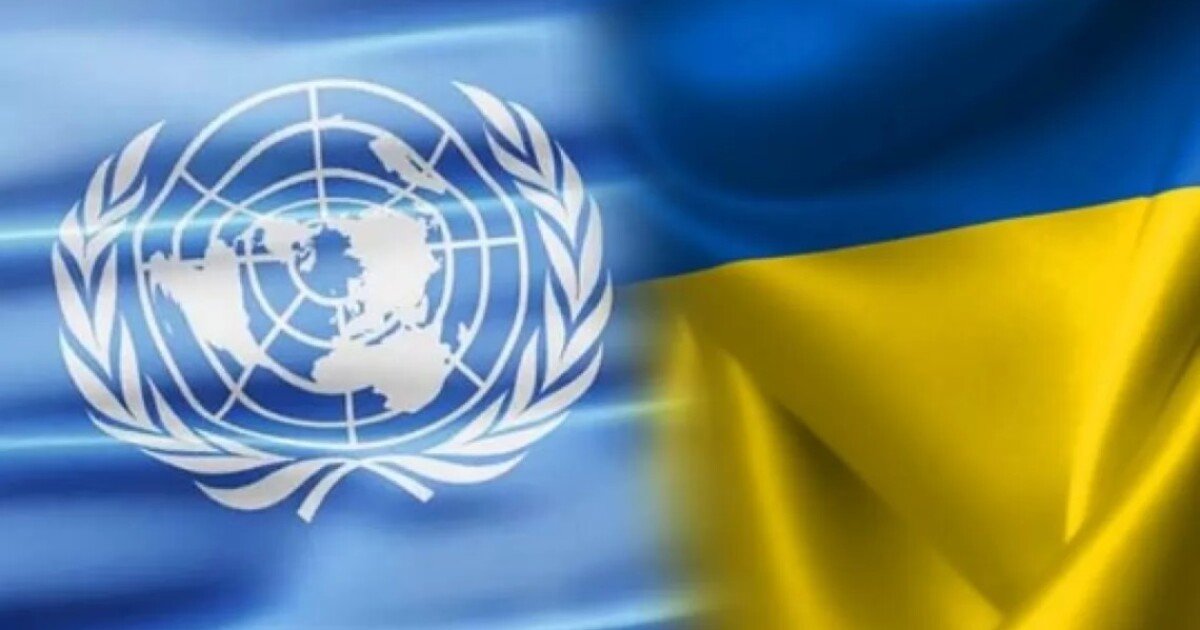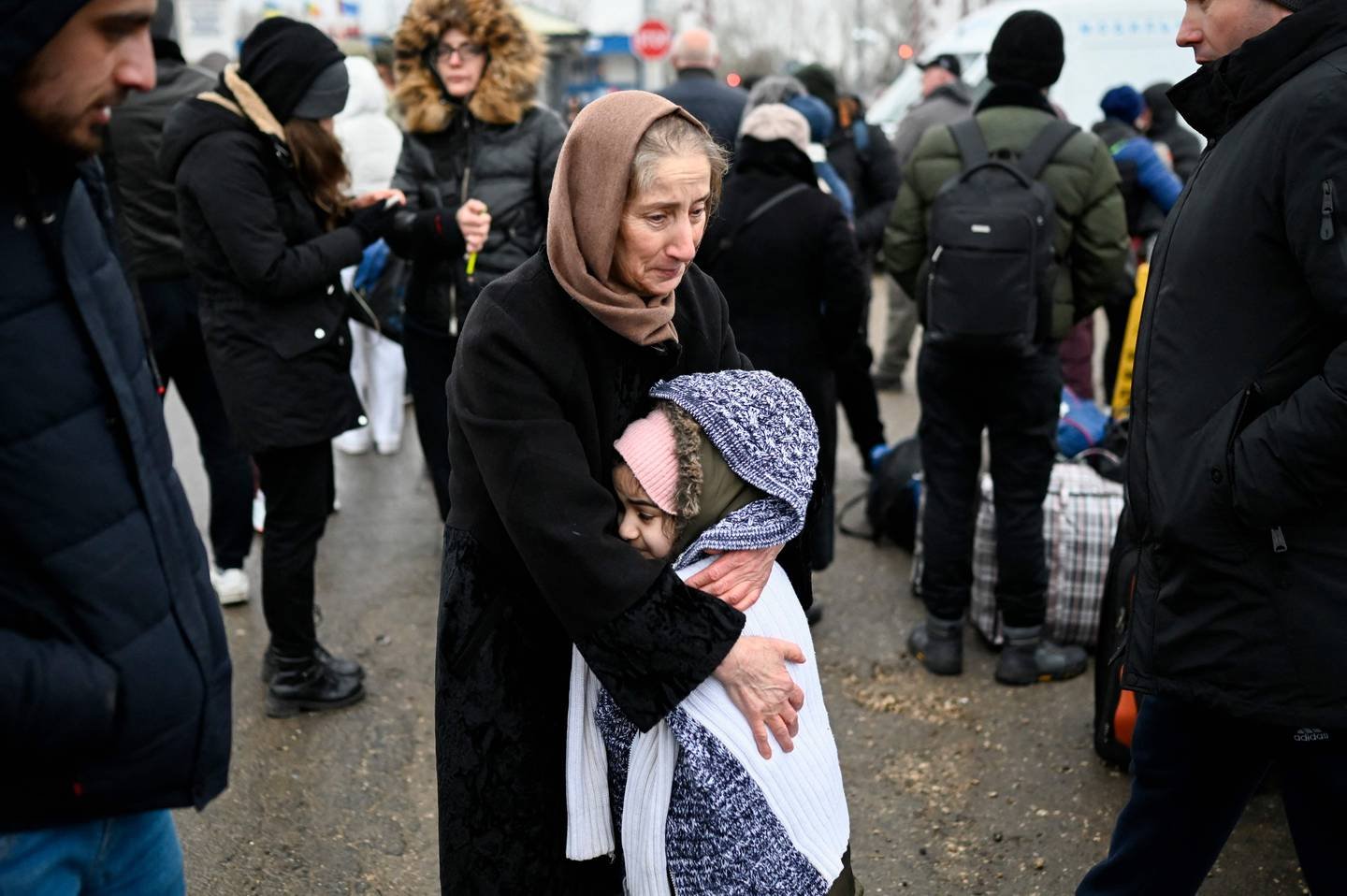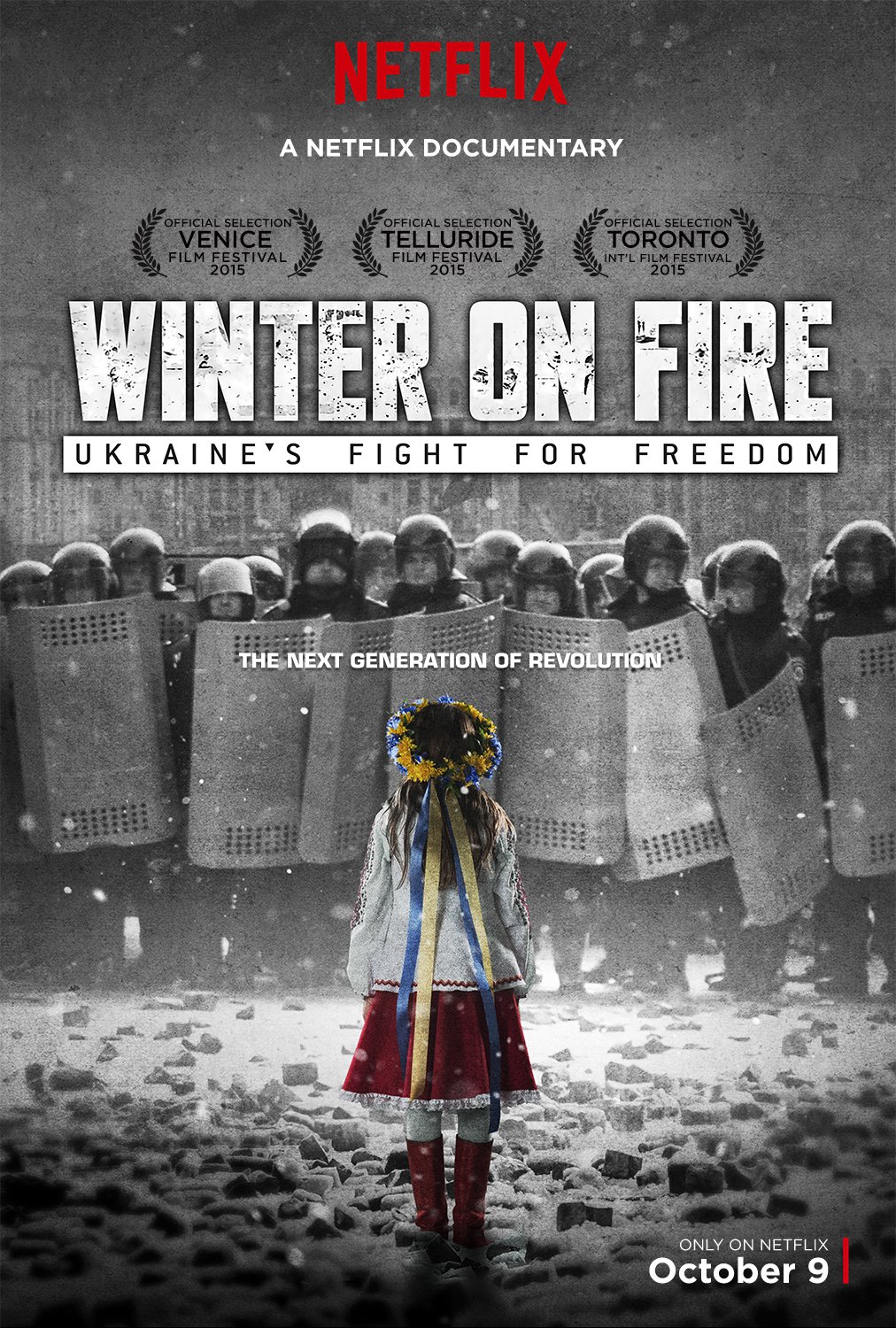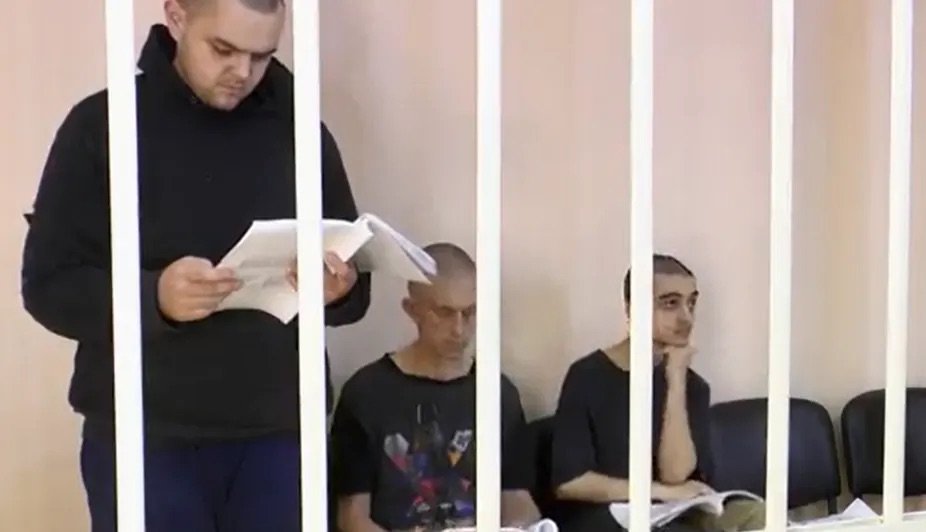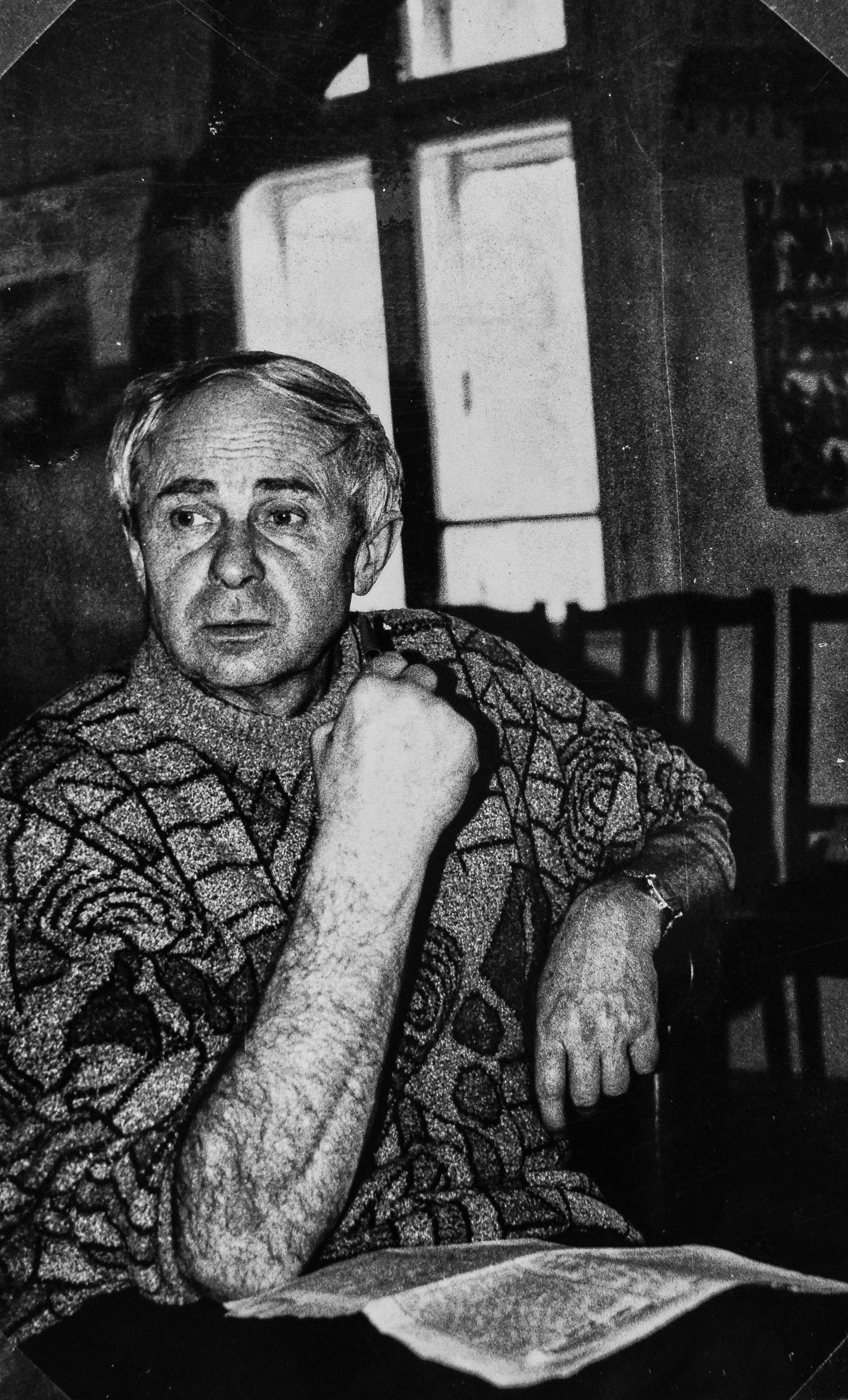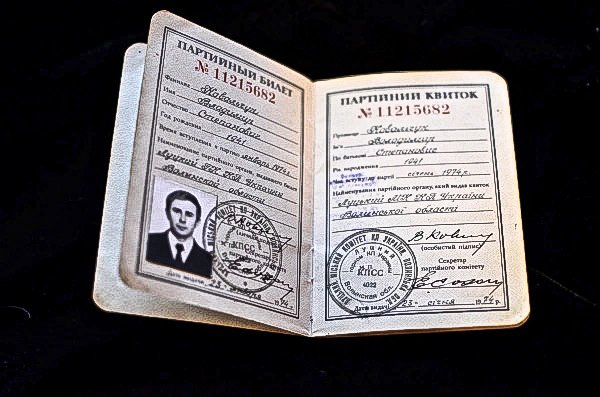Putin is playing a game of nuclear bluff, hoping that if he can throw out enough Dr. Strangelove threats of annihilation that he just might get what he wants.
It is no accident that Putin has stepped up threats just before the American midterm elections. As Putin hoped, the people in the West are showing signs of being tired of supporting Ukraine militarily as well as not wanting to push Putin so far that he will use nuclear weapons. Impending elections in Europe and the United States show some dissatisfaction with rising inflation, weakening currencies, and impending economic crises. The American conservative, Kevin McCarthy warned that a Republican controlled House would not write a “blank check” to Ukraine. Other politicians are calling for negotiations to avoid a nuclear confrontation.
In February Putin put Russia on high combat alert. Nuclear alert. This was Putin looking Joe Biden in the eye and saying, “Back off, buddy.”
Joe Biden did not back off. Nor did he escalate by parrying with his own nuclear threat. Instead, he responded by organizing an effective coalition of European and Asian allies to place heavy sanctions on Russia stopping the flow of arms and military technology into Russia, as well as providing $25 billion of military aid to Ukraine. Hoping to limit escalation of the war, the United States refuses to deliver any weapons to Ukraine that can reach deep into Russia or to support no-fly zones over Ukraine. If NATO sent in planes to protect Ukraine’s airways, any Russian plane that came into Ukrainian airspace could create a situation in which there could be direct combat between U.S. and Russian pilots.
Putin, facing embarrassing loses against the Ukrainians in September, tried to scare the West - “In the event of a threat to the territorial integrity of our country and to defend Russia and our people, we will certainly make use of all weapon systems available to us. This is not a bluff.” (September 21, 2022). This is the ultimate terror of the nuclear age - fear of a leader backed against the wall holding nuclear bombs.
Historically, Putin was more cautious but then in 2021 he saw a shift in international relations with possible gains for Russia and himself. Foreign Affairs Peter Clement made an astute analysis: “A number of factors likely figured in Putin’s calculations: Russian security interests, a perceived window to advance broader geostrategic goals, and a desire to secure his place in Russian history. As is well known… Putin may have assessed that geopolitical circumstances offered a narrow opportunity to decisively break the seven-year stalemate [since the 2014 war] in eastern Ukraine. As Moscow saw it, the United States was politically polarized; the American public was largely indifferent to Ukraine and wary of new foreign wars, especially after the messy U.S. departure from Afghanistan; longtime German Chancellor Angela Merkel was leaving office; the world was still preoccupied with the COVID-19 pandemic and Europe had a heavy dependence on Russian oil and gas.” (Peter Clement was a former Deputy Assistant Director of CIA for Europe and Eurasia, has a PhD in Russian history, and has written on the Cuban Missile Crisis)
President Joe Biden compares this moment to the Cuban Missile Crisis in 1962 when President John F. Kennedy struck a secret bargain with Nikita Khrushchev to remove American missiles from Turkey. Biden who has worked for years with Putin was asked by CNN whether he thought Putin would escalate the war using nuclear weapons, Biden said, “I don’t think he will, but it is irresponsible of him to talk about it.”
The Russian leader knows that this is true, but like a little kid, Putin makes “you started it first” claims, complaining that it is the West who first threatened Russia with nuclear weapons. “Washington, London and Brussels… have even resorted to the nuclear blackmail. I am referring… to the statements made by some high-ranking representatives of the leading NATO countries on the possibility and admissibility of using weapons of mass destruction – nuclear weapons – against Russia.” (Vladimir Putin, September 21, 2022)) Putin did not present any evidence, nor have I found anything to prove that NATO has threatened Russia with weapons of mass destruction.
Last Sunday (October 23) the Kremlin threw out another dangerous rumor that the Ukrainians are planning to use a dirty bomb - a conventional explosive like dynamite that is wrapped with radiological waste. Instead of Russia being labeled the bad guy threatening nuclear escalation, Russia maintains it is the Ukrainian’s fault. The International Atomic Energy Agency has been sent to inspect for any dirty bombs. With the push back coming from NATO and the United States, Putin backed down a bit and then said, ‘well, the Ukrainians have the technology to build a dirty bomb…’
Russia has plenty of weapons to use against the West and doesn’t need to resort to nuclear ones. Russian missiles have bombed Ukraine’s power grid, a nuclear energy plant, local electrical plants. Russian attacks have damaged at least 30% of Ukraine's energy infrastructure, raising concerns about the coming winter. In the last weeks, the Russians also introduced military drones that were supplied by Iran. The attack on the Nord Stream 1 pipeline, most likely committed by Russia, worked as a warning to Europe to say “we can do anything we want” - we can blow up other energy sources, cyber attacks, or subsea cables for the Internet.
It does not look like the Russians have taken any steps to deploy nuclear weapons. It would be highly unpopular, both internationally and locally, if Russia were to pull out any of its nuclear arms.
On October 27th, Putin said at a Moscow-based geopolitical think-tank that Russia “had never talked about using nuclear weapons," and that a nuclear strike on Ukraine will make neither political nor military sense. (Kyiv Independent)
